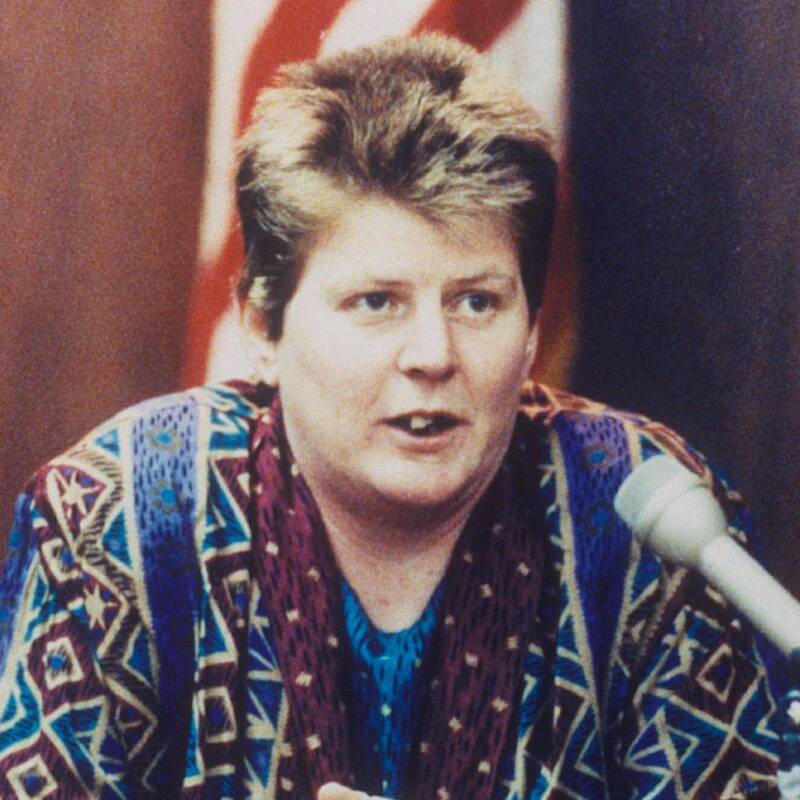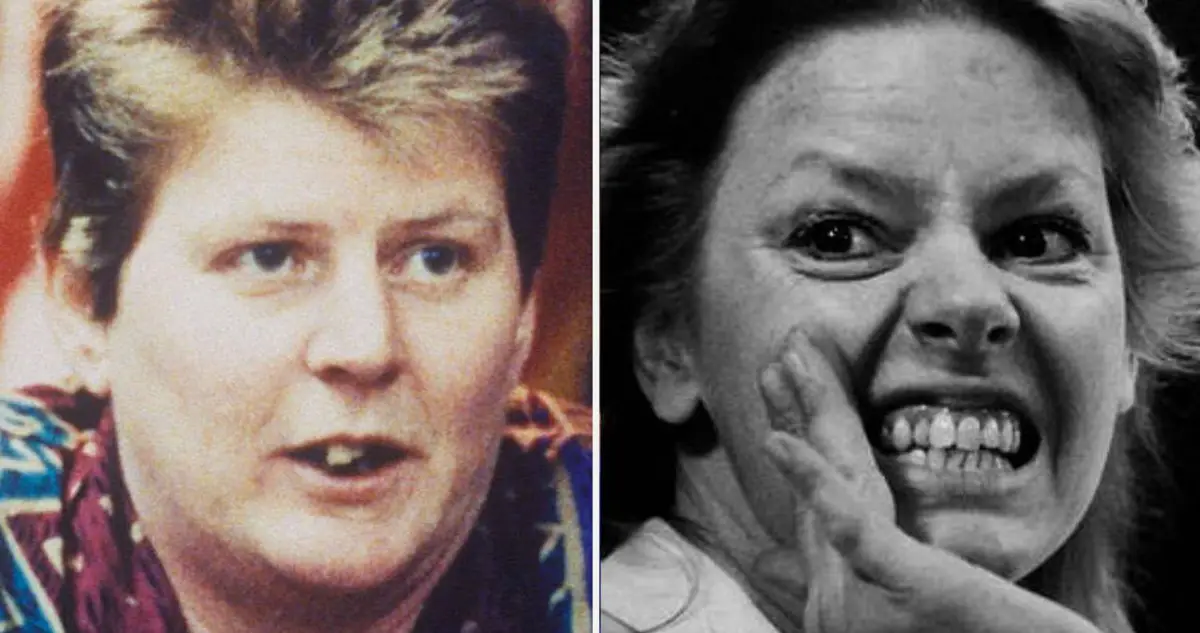What happens when love intertwines with the darkest corners of human nature, leading to a trail of destruction and betrayal? The story of Aileen Wuornos and Tyria Moore is a chilling testament to this, a narrative of unlikely partners in crime bound by shared struggles and a desperate fight for survival, ultimately culminating in a shocking betrayal that sealed Wuornos' fate.
The biographical drama film "Monster" (2003) brought their tumultuous relationship to the screen, starring Charlize Theron as Aileen Wuornos and Christina Ricci as Tyria Moore (referred to as Selby Wall in the film). The movie vividly depicts Wuornos' killing spree, which took place primarily between late 1989 and 1990. The film garnered critical acclaim, with Theron winning an Academy Award for Best Actress for her compelling portrayal of the infamous serial killer.
But who were Aileen Wuornos and Tyria Moore beyond the headlines and Hollywood depictions? Their story began in 1986 at a biker bar in Daytona Beach, Florida. Tyria Jolene Moore, then 24 years old, met Aileen Wuornos, and an intense relationship blossomed. For nearly five years, their lives were intertwined, marked by a complex blend of love, shared hardships, and the ever-present shadow of Wuornos' increasingly violent actions.
Aileen Carol Wuornos, born on February 29, 1956, in Rochester, Michigan, experienced a life marred by trauma and instability from the very beginning. This difficult upbringing shaped her into the woman she would become. She adopted the nickname "Lee."
Their bond was forged in the crucible of a hardscrabble existence. Tyria Moore worked in hotel jobs along the Florida beaches, while Wuornos, finding herself trapped in a dangerous lifestyle, engaged in prostitution to survive. They were, in many ways, nomads, often staying in motels, with friends, or, at times, in the woods. Wuornos, fiercely possessive of Moore, often displayed jealousy when Moore interacted with others or left for work. Their relationship, despite its intensity, existed in the shadow of Wuornos' increasing criminal activity.
The narrative takes a sharp turn when the authorities closed in on Wuornos. Tyria Moore was offered immunity in exchange for her cooperation in securing a confession from her girlfriend. Tragically, Moore complied, paving the way for Wuornos' arrest and eventual conviction. Moore's testimony against Wuornos marked the end of their intimate relationship and the beginning of a legal battle that would define their lives.
The events leading to the final downfall began in 1989. Aileen Wuornos, known as a serial killer, had murdered at least six men in Florida during that year and into 1990. Her actions were not impulsive; they were a calculated response, as she claimed, to being attacked. The case raised many issues. The murders she committed in Florida were heinous acts. In the end, Wuornos was convicted of murder.
The case of Aileen Wuornos highlights several issues prevalent in many capital cases, including questions of mental health, due process, and the impact of childhood trauma on criminal behavior. Her case continues to spark debate about the complexities of crime and punishment.
On January 16, 1991, Aileen Wuornos, true to her word to Tyria Moore, met with Sgt. Bruce Munster and arresting officer Larry Horzepa in an interrogation room at the Marion County Jail. Wuornos confessed to the murders, though she continued to claim self-defense.
Wuornos told Moore she loved her. However, Moore didn't reciprocate those words of affection. Some, like the documentary creator Binegar, have noted that Wuornos really cared about Tyria." Moore's actions were motivated by immunity, but their relationship, while filled with love, had a dark undertone that consumed Wuornos.
After Wuornos' death, due to her immunity, Tyria Moore was released and returned to Pittston, Pennsylvania, to live with her sister. Her life after the events surrounding Wuornos' crimes remains largely private.
| Category | Details |
|---|---|
| Full Name | Tyria Jolene Moore |
| Born | August 3, 1962 |
| Known For | Being the girlfriend of Aileen Wuornos, the notorious serial killer. |
| Relationship with Wuornos | Met in 1986 at a biker bar in Daytona Beach, Florida. They were together for approximately four and a half years. |
| Role in Wuornos' Case | Testified against Wuornos in exchange for immunity. |
| Post-Conviction | After Aileen Wuornos' death, Tyria Moore, due to her immunity, was released and went back to Pittston, Pennsylvania, to live with her sister again. |
| Occupation(s) | Worked in hotel jobs along the Florida beaches. |
| Appearance in Media | Portrayed by Christina Ricci in the movie "Monster" (2003), in the movie Tyria is named "Selby Wall". |
| Key Relationship | Aileen Wuornos |
| Current Status | Private; living with her sister |
| Reference | Biography.com |
The film "Monster" offers a dramatized account of this complex relationship, focusing on the events surrounding Wuornos' crimes and the dynamics between the two women. However, it is important to remember that the movie is a fictionalized representation of real events and should be approached with that understanding.
The media coverage surrounding Wuornos and Moore inevitably raised the question of Moore's fate, and how she coped with the betrayal, with the fame surrounding her girlfriend's crimes, and the weight of her own actions. After Wuornos' death, due to her immunity, Moore returned to a life away from the public eye.
Aileen Wuornos' life and crimes, as well as her connection with Tyria Moore, continues to fascinate and disturb in equal measure. Their story is a dark reminder of the power of love, loyalty, and the destructive forces that can arise when these emotions are entangled with desperation, trauma, and the criminal underworld.


